Ever wondered why some supplements brag about being “10:1 extracts” or “40% active compounds”?
It sounds powerful but the truth is, most extracts give you less of what your body actually needs.
Behind the shiny claims and numbers, extracts often strip away the very compounds that make whole foods so effective, and sometimes, they even create health risks.
🌿 BE WARNED: This article might change the way you look at supplements forever.
What actually is an extract?

When you see “extract” on a supplement label, it means certain compounds have been pulled out of a whole food (like a plant, herb, or mushroom) using solvents such as water, alcohol or glycerin.
The goal is to concentrate a few measurable molecules. But in doing so, countless others are stripped away.
That’s why what’s left no longer represents the complete nutritional fingerprint of the original food.
You might see claims like 10:1 extract or “30% polysaccharides.” These sound potent, but potency isn’t the same as wholeness. What you gain in concentration, you lose in balance.
In nature, nutrients don’t act in isolation. They rely on enzymes, fibres, fats, co-factors and hundreds of compounds working together.
This natural teamwork, called food synergy, is what helps your body absorb and use nutrients properly.
All extracts are bad... but alcohol extracts are dangerous
Ethanol (the alcohol used in extracts) is processed by your liver, producing acetaldehyde, a toxic compound. That means the very supplements meant to support your health can actually being doing it damage.
The International Agency for Research on Cancer (IARC) classifies alcohol as a Group 1 carcinogen, proven to cause cancer in humans. The World Health Organisation agrees: no level of alcohol is safe.
If profit is your priority... sell extracts.

The answer is simple, they’re cheaper to make because the plant or mushroom can be diluted in as much alcohol as you like.
But your body doesn’t want one isolated molecule; it wants the orchestra of compounds that nature created to work together.
When you extract you isolated certain compounds and this removes the natural balance (and sometimes safety) of the mushroom or plant.
Take turmeric extracts for example. Isolating curcumin at high doses has actually been linked to liver damage.
Yet whole turmeric root, with its natural oils and co-factors, has been safely used for thousands of years. Nature builds balance into its design; extracts remove that safety net.
The Science Says Whole Foods Are Better
Modern science keeps proving what traditional wisdom always knew: your body absorbs, understands, and benefits more from whole foods than from isolated compounds.
This is called food synergy, the idea that nutrients work better together, inside their natural matrix, than when extracted and taken alone.
Here’s what the research shows:
1. Studies published in The American Journal of Clinical Nutrition have found that whole foods improve bioavailability of nutrients because their compounds interact synergistically.For example, vitamin C in fruits enhances iron absorption; fats in whole foods help the body take up fat-soluble vitamins like A, D, E, and K. Isolated extracts can’t replicate these cooperative effects.
2. Peer-reviewed studies in Nutrition Reviews and The Journal of Food Science show that nutrients in their natural form are metabolised differently (and more effectively) because the body identifies them as food, not as foreign compounds.
Whole-food supplements are more bioavailable because they are recognised by the body as food
3. Whole plants outperform single compounds and there's a ton of evidence:
-
Broccoli: Research shows sulforaphane absorption is 3–4 times higher when the enzyme myrosinase remains intact (as in whole broccoli sprouts or powders) versus isolated glucoraphanin extracts.
-
Turmeric: Curcumin extracts often remove essential oils and secondary compounds that modulate inflammation and protect the liver. In contrast, whole turmeric retains these balancing elements — preventing the very side effects seen with isolates.
-
Mushrooms: Studies comparing hot-water mushroom extracts to full-spectrum mushroom powders reveal that mushroom extraction misses many important compounds like triterpenes, sterols, and enzymes that contribute to immune, cognitive, and adaptogenic benefits.
The concept of food synergy has been supported by leading researchers for over two decades. Dr. David Jacobs from the University of Minnesota coined it best: “A food is more than just the sum of its nutrients.”
Each part interacts dynamically to influence absorption, metabolism, and biological outcomes — something no extract can mimic.
Nature chose whole foods for a reason
 Whole foods are more than collections of nutrients, they’re living systems. Every plant, seed, and mushroom carries a molecular “blueprint” your body instinctively recognises.
Whole foods are more than collections of nutrients, they’re living systems. Every plant, seed, and mushroom carries a molecular “blueprint” your body instinctively recognises.
After millions of years of evolution, we’re built to read that code and respond to it.
Extracts, by contrast, strip away context. They shout one chemical message but remove the rest of the information your body needs to understand it.
That’s why whole-food supplements feel gentler, work deeper, and deliver results that isolates can’t match.
🌱 True nourishment comes from wholeness not from chasing isolated compounds. The closer your supplement is to real food, the more your body recognises it as part of nature’s language of health.
10,000+ Verified Customer Reviews:

"Absolutely love this lion mane from forest super foods. I have tried afew extracts previously but the effects thus far from this product have been much more noticeable. Excellent product I highly recommend." - Scott |

"My partner and I have been taking these now for a couple weeks, I liked that the product was not an extract but the mushrooms dried into capsule form for ease of intake and full benefits. Highly recommend over other brands that use an extract, worth researching why extract isn’t the best way to take these mushrooms and why this method is best" - Nardia |

"I have tried two other brands after trying this one originally to see what others were like (not because I was unhappy with the product because I wanted to see if there was a difference in products) I can confirm this is the best one. I was genuinely curious to see if I could tell or was it placebo? My brain is calmer, and it’s like I can unlock the potential in it. Highly recommend" - Catherine R. |
The Best Lion's Mane Mushroom on the planetOrder Now |

|
Frequently Asked Questions
What does Lion's Mane do for the body?
Lion's Mane (Hericium sp.) is a functional mushroom traditionally consumed as part of a healthy diet. It is valued for its unique nutritional profile and is often chosen to support overall wellbeing, productivity, and mental clarity.
Is Lion's Mane legal in Australia?
Yes, Lion's Mane is completely legal in Australia.
What are the side effects of Lion's Mane?
Lion's Mane is generally well tolerated, but some people may experience mild digestive upset or skin irritation. As with any supplement, it's best to consult your healthcare provider if you have allergies or are taking any regular medications.
Which is better – Lion's Mane or Ashwagandha?
It depends on your goal. Lion's Mane is valued for its role in focus, mental clarity, and reducing brain fog while Ashwagandha is great for reducing stress and anxiety to support a calmer mood.
Will Lion's Mane make me sleepy?
Lion's Mane is not a sedative and typically won't make you feel drowsy — in fact, many people report enhanced mental clarity and alertness when taking it.


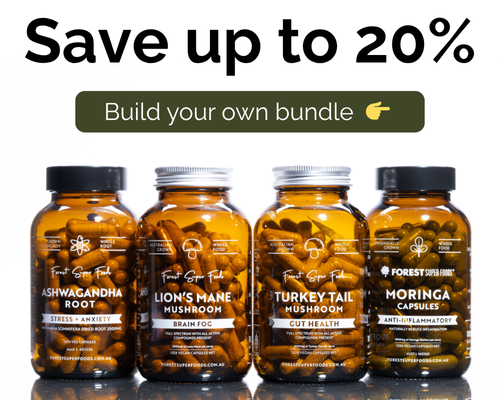
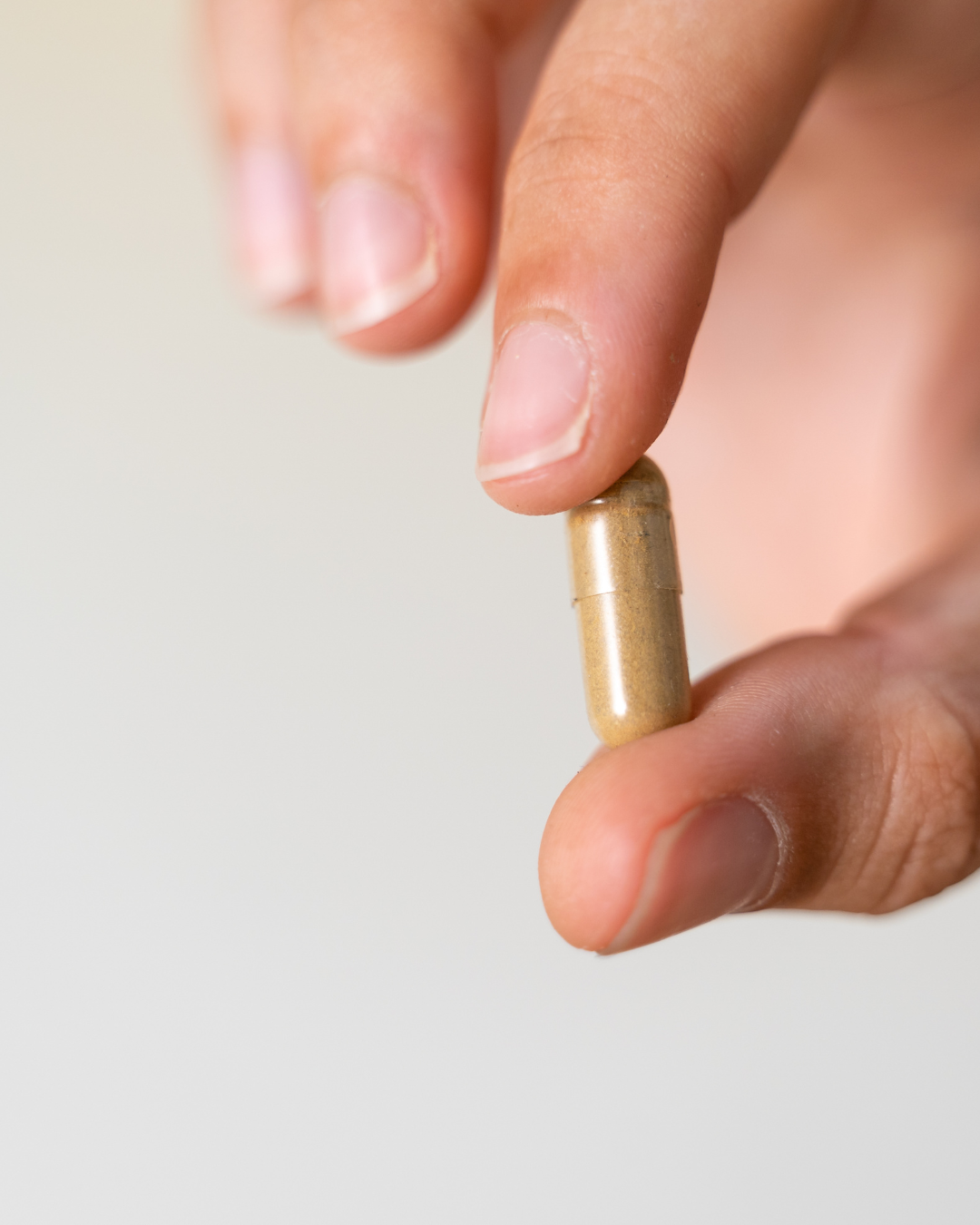


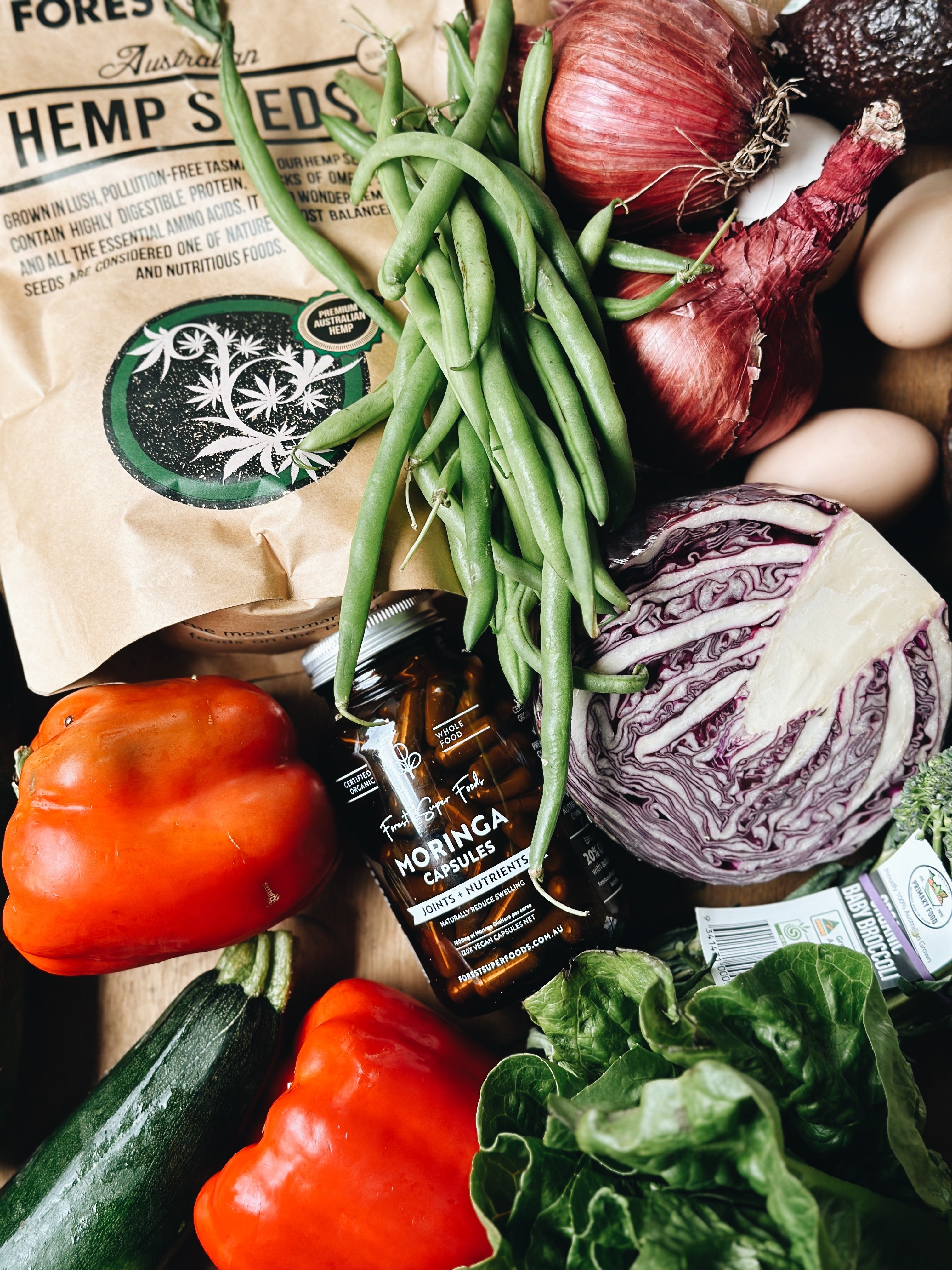
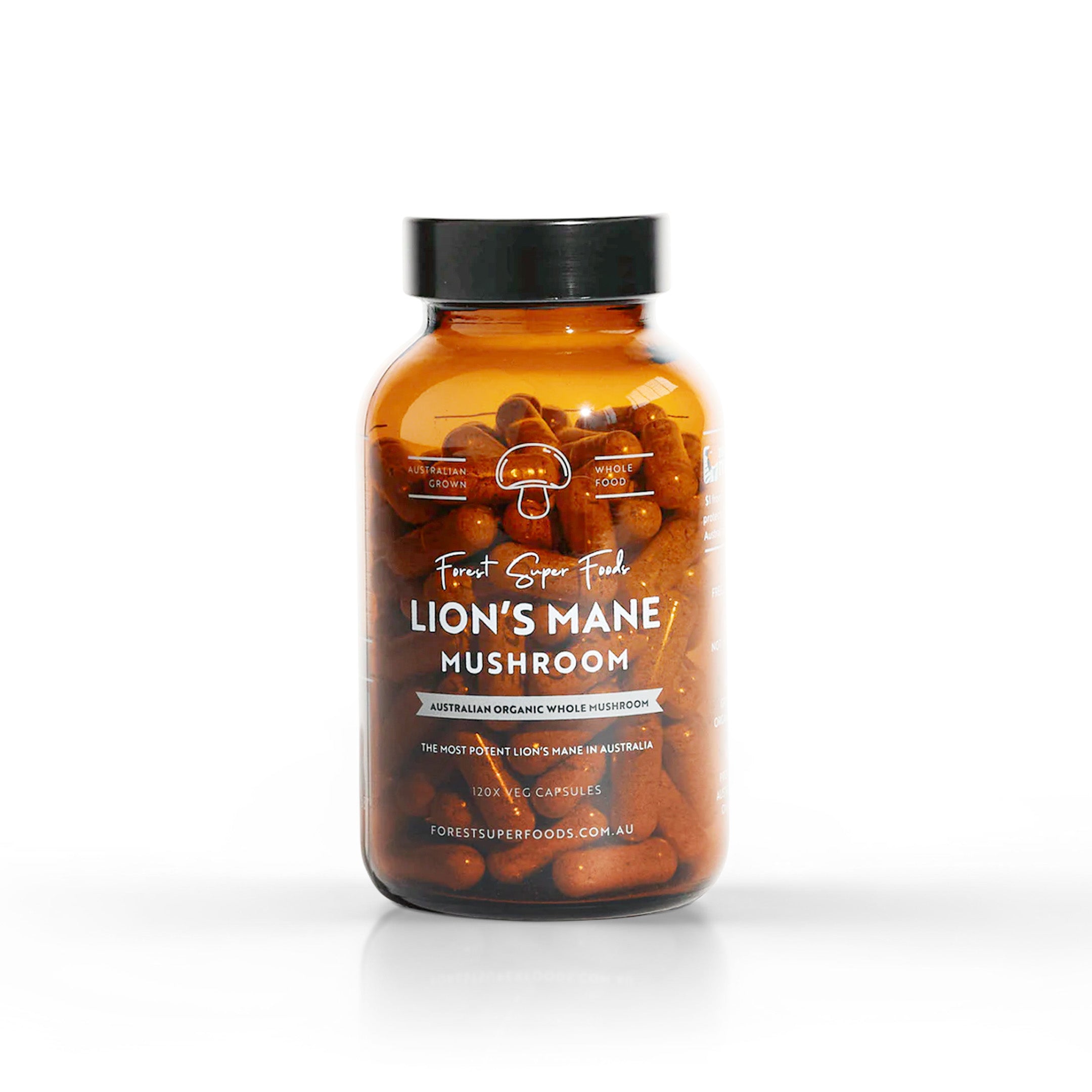
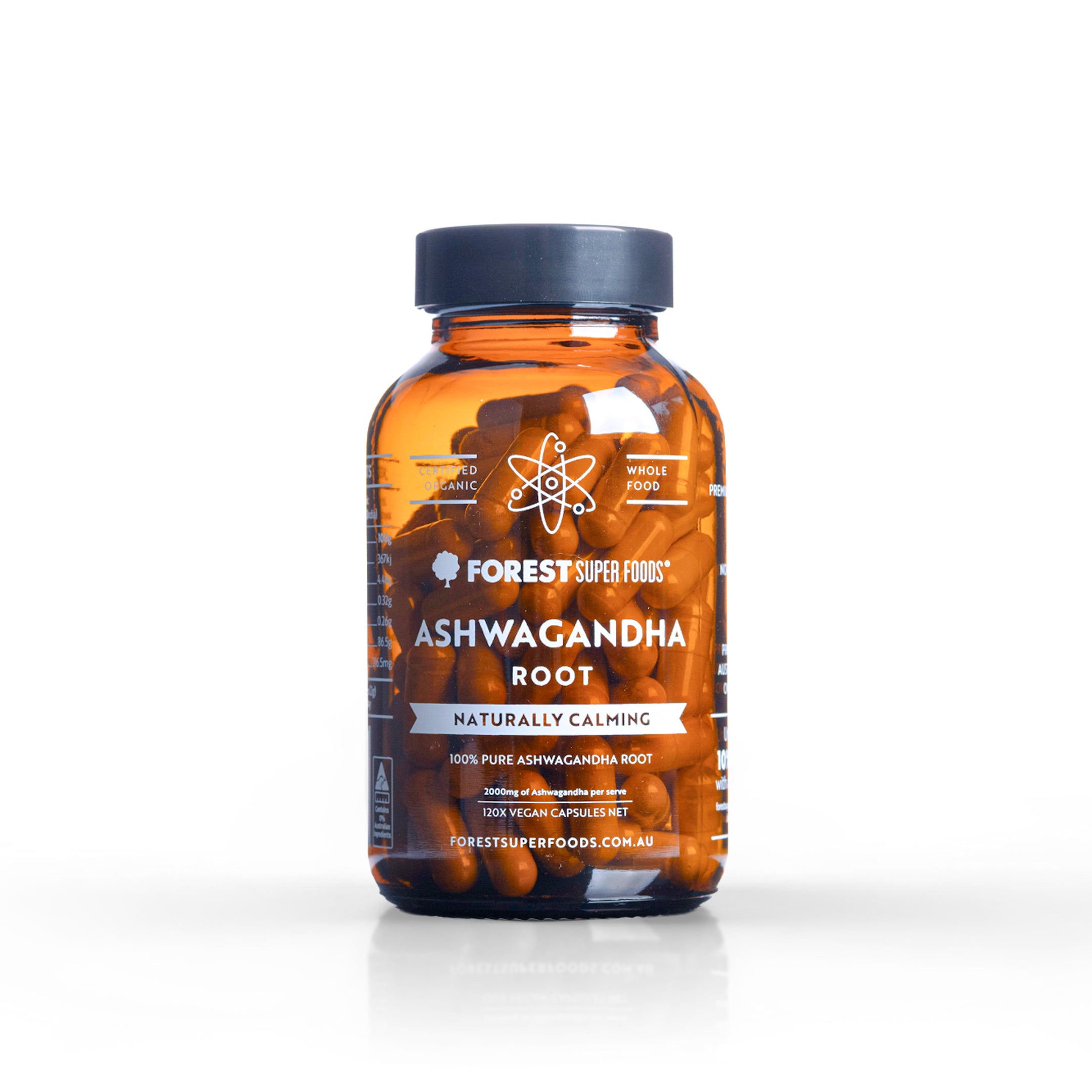
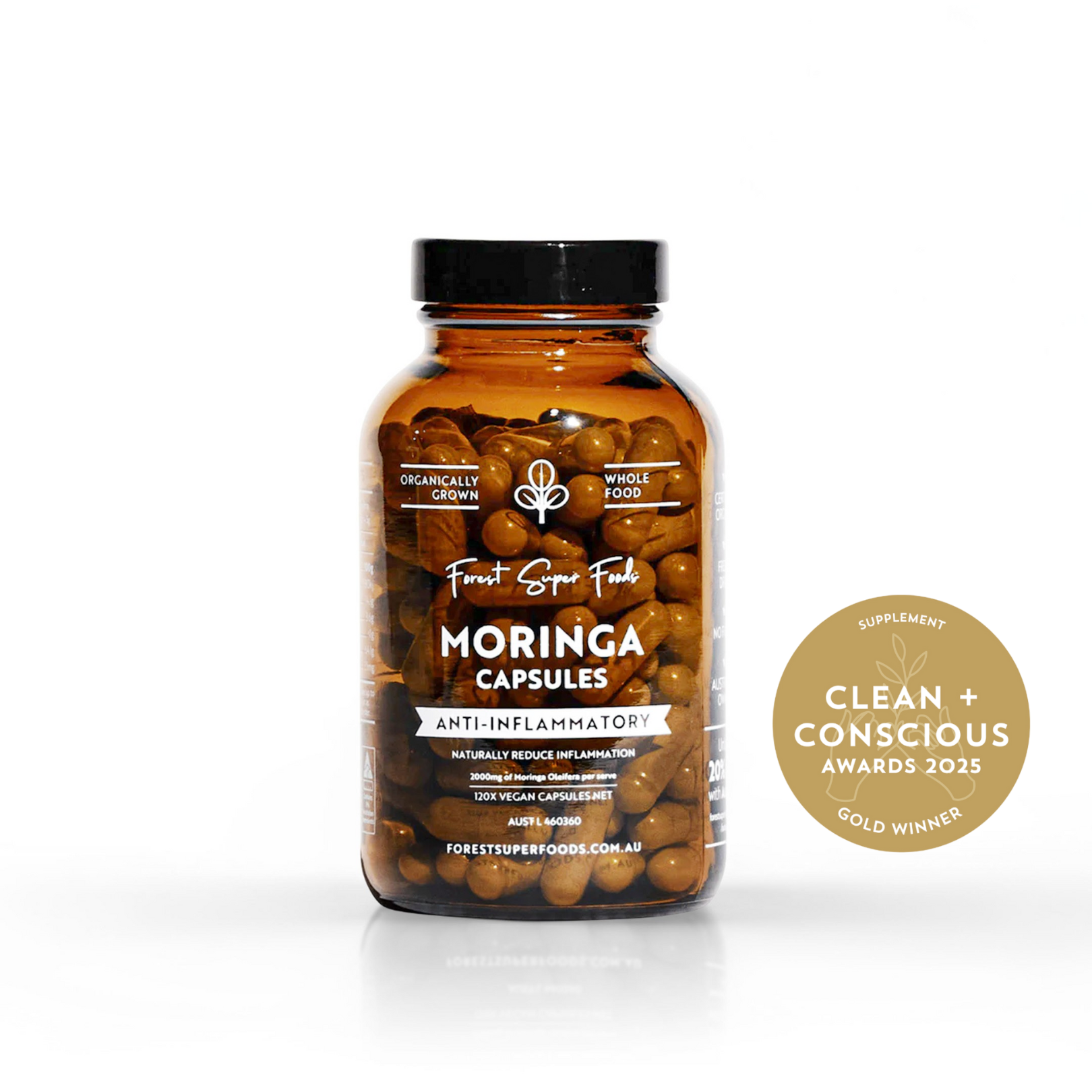
Leave a comment
All comments are moderated before being published.
This site is protected by hCaptcha and the hCaptcha Privacy Policy and Terms of Service apply.